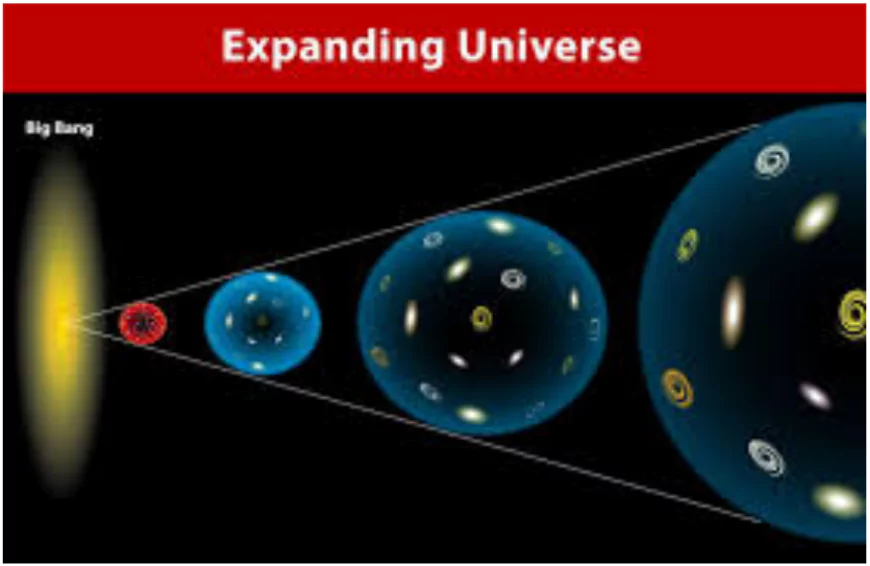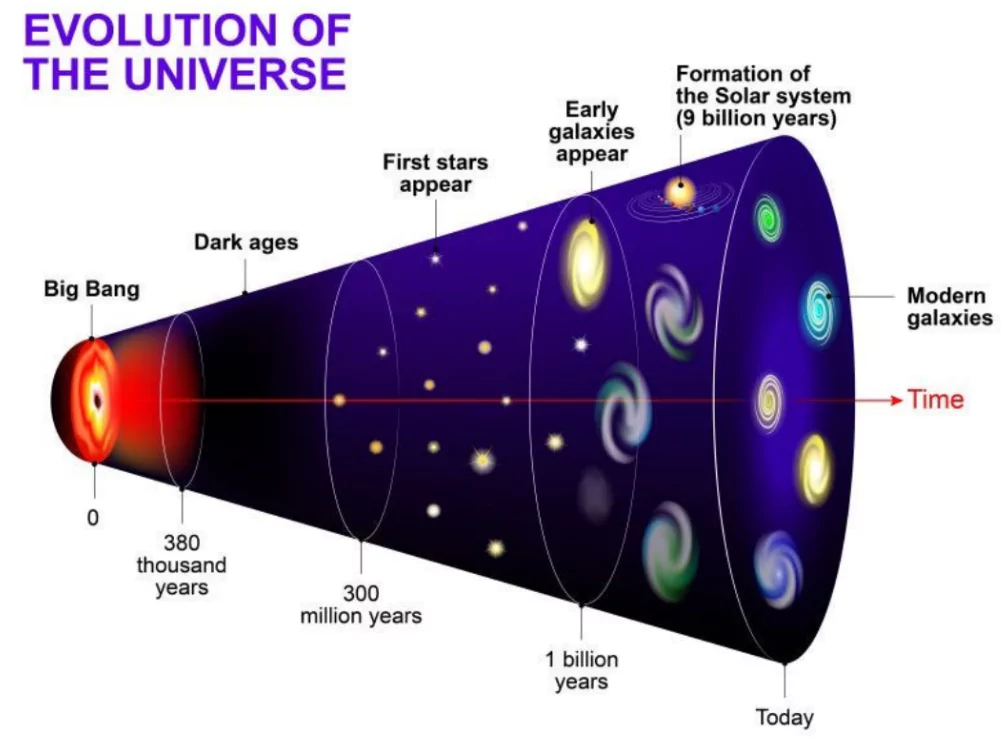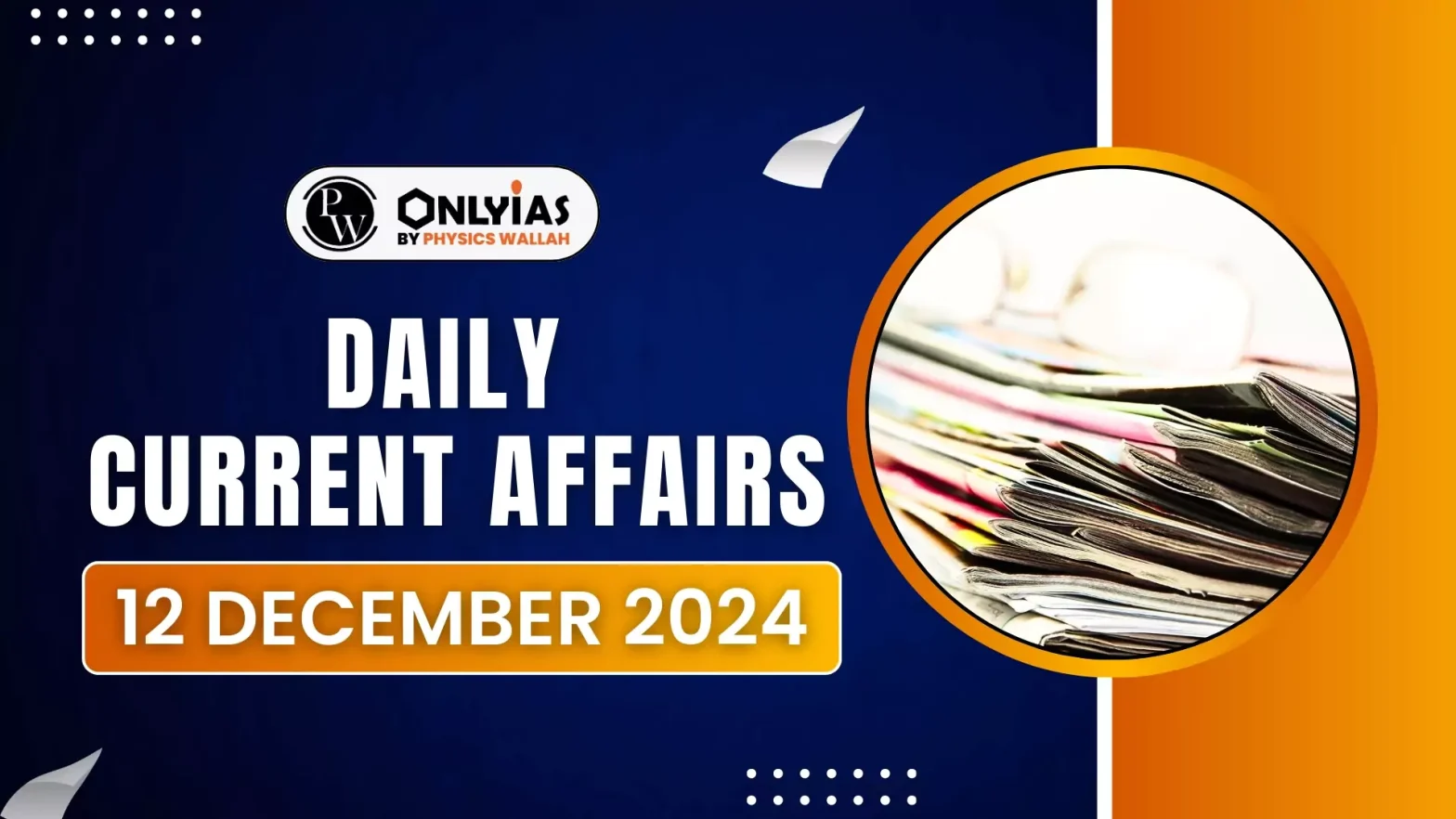Recent data from NASA’s James Webb Space Telescope (Webb) has confirmed findings from the Hubble Space Telescope regarding the universe’s faster-than-expected expansion.
More on the News
- This phenomenon of expansion is known as the Hubble Tension.
- It poses problems as current scientific theories about how the universe has evolved cannot explain why it is expanding faster than expected.
- It shows that there could be unknown forces or hidden elements influencing the cosmos.
- Possible Explanations : Scientists have proposed some ideas, including:
- Unique Properties of Gravity: Gravity might behave differently on a cosmic scale than we currently understand.
- Hidden Matter or Energy: There could be unknown forms of energy or matter, such as dark radiation, which includes particles like neutrinos.
- Limited Knowledge of Dark Matter and Dark Energy: Our understanding of these mysterious components, which make up most of the universe, may be incomplete.
Enroll now for UPSC Online Classes
How Did Scientists Measure the Universe’s Expansion?

- Scientists used special stars called Cepheids to measure the distances to galaxies.
- These stars are like cosmic mile markers.
- Both the Hubble and Webb telescopes observed these stars in many galaxies.
- Their measurements matched, showing that the measurements were accurate.
- Webb, being a more powerful telescope, confirmed Hubble’s findings.
- It eliminated the possibility of errors in Hubble’s observations.
Historical Context

- The Expanding Universe
- The universe began with the Big Bang about 13-14 billion years ago.
- In 1998, scientists discovered that this expansion is accelerating due to dark energy.
- Award-Winning Research
- Adam Riess, a Nobel laureate, co-discovered the accelerated expansion and is leading this study.
Key Findings from NASA’s James Webb Space Telescope (Webb)
- Faster Expansion of the Universe
- The universe is expanding about 8% faster than predicted.
- This discovery challenges current scientific models of how the universe works.
- Role of Dark Energy and Dark Matter
- Dark Energy: Makes up 69% of the universe and drives the accelerated expansion of space.
- Dark Matter: Accounts for 27% of the universe, affecting visible objects like stars and planets through gravity.
- The Hubble Constant
- The Hubble constant measures the universe’s expansion speed.
- Scientists expected a value of 67-68, but observations from Hubble and Webb show it at 73, with a possible range of 70-76.
Check Out UPSC NCERT Textbooks From PW Store
Challenges in Understanding the Hubble Tension
- Dark Matter and Dark Energy: Limited knowledge and difficulty in observing these mysterious components make it hard to accurately model the universe’s expansion.
- Measurement Errors: Issues like inaccurate telescope calibration, flawed data analysis methods, and unknown factors could affect the results.
- Theoretical Gaps: Current cosmological models might be incomplete, and the tension may require entirely new physics to resolve.
- Statistical Variations: Random data fluctuations or insufficient data could contribute to the discrepancy.
- Unforeseen Challenges: Unexpected discoveries or unknown influences could further complicate understanding the universe’s expansion.
![]() 12 Dec 2024
12 Dec 2024


